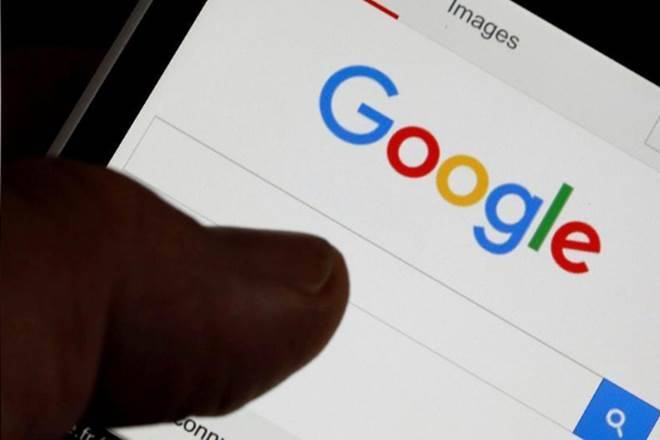Imitating Apple, Google also blocks advertisers from silently tracking users on Android
- Tram Ho
Following Apple’s move, Google is also tightening privacy rights on the Android platform, making it harder for companies and advertisers to track users on mobile devices such as tablets and smartphones.
Previously, Google had allowed Android users to turn off personalized advertising, but even if users did, software developers could still access Advertising ID data. report), a unique string of characters to identify the user’s device. This ID may be used by other companies for a variety of purposes, for example allowing developers to measure application usage or allowing advertisers to detect and block unused bandwidth accuracy.

In this new change, if a user chooses to turn off personalized advertising, the Advertising ID number will no longer exist – so queries about this code from the developer will only return strings of numbers. 0.
In its policy update announcement, Google said the changes will start affecting apps running on Android 12 devices starting in late 2021 and will expand to Google-enabled devices. Play in early 2022. A few days ago, the company said it would ” bring an alternative to support situations where it’s needed like analytics and fraud prevention “.
As regulators are increasingly monitoring user privacy practices and consumers are paying more and more attention to the use of personal data, the public giants Technology is trying to keep up with making changes in the name of privacy. In early 2020, Google said that it will stop supporting third-party cookies on Chrome browser within the next 2 years.
But since advertising generates 80% of Google’s revenue, the company also needs to make sure other advertisers are happy to accept an alternative so that it can effectively continue to place ads in front of users. . The company has also been a market leader in online advertising for over a decade, and is expected to capture a 29% share of global digital ad spend by 2021.
Before Google, Apple made similar changes in iOS 14.5, allowing users to block the ability of advertisers to use iPhone and iPad device identifiers for targeted advertising. Facebook joined many other advertisers in vainly protesting the changes, arguing that it would make ads less relevant to their interests and that small businesses would suffer when advertising was difficult. more goal oriented.
Check out CNBC
Source : Genk
